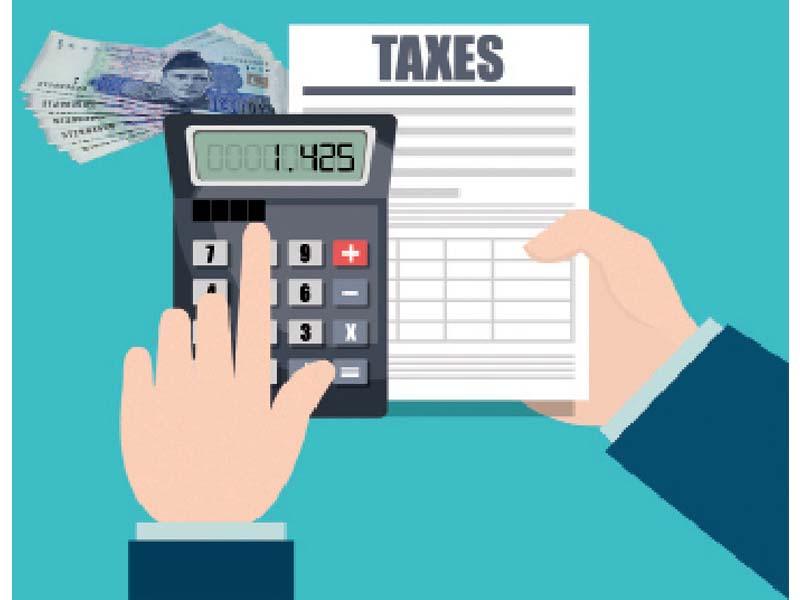Islamabad:
The federal budget for the financial year 2025-2026 proposed a significant expansion of the powers of the Federal Board of Revenue (FBR), in particular by introducing strict execution measures aimed at tightening the tax regime and slowing down financial irregularities.
According to official sources, the FBR has obtained powers related to those of a house officer (SHO), which allows him to carry out approved accounting inspections and audit firms involved in the preparation of income statements if differences are suspected in taxpayers’ declarations.
This will give FBR officers the possibility of directly supervising these companies to guarantee compliance with tax laws.
People with the intention of buying vehicles or real estate must prove that the declared value of the assets are less than 130% of their income as indicated in the income declaration of the previous year.
Buyers will have to submit an official request to the FBR confirming the availability of funds – either on their own name, or that of their spouses or their children – and that they have been duly declared in their declarations of wealth.
The proposed legislation also authorizes the FBR to share taxpayers data with commercial banks, allowing them to cross -check deposits and investment activities with declared income. In cases where financial transactions are not reconciled with income declarations, banks will be obliged to report these customers to the FBR, which will be empowered to initiate implementing measures.
In addition, the FBR will now have the power to close unregistered bank accounts. Previously, he could only freeze the accounts for tax collection ends. Under the new law, the exploitation of an unregistered bank account will not be authorized, and banks will have to comply with the FBR directives in this regard.
The changes proposed in article 58C of the income tax order allow the FBR to access the offices of tax advisers and companies responsible for producing declarations when differences are suspected. The intention is to check the basis of financial files and yields.
The definition of sales tax fraud has also been extended. Under the proposed modifications, any person or entity found helping or encouraging tax fraud will be subject to legal proceedings.
The bill also proposes that the FBR be granted the power to physically monitor the movement of goods, including sugar and other products, thanks to an improved freight monitoring system. This will ensure that basic products and sugar are accurately followed and comply with tax regulations.
In a decision likely to have an impact on online buyers, the financial bill aims to impose a sales tax of 18% on all electronic commerce transactions.
Payment recovery entities – such as messaging companies and credit payments and debit card payments – will be appointed as restraint agents, managers of the collection and deposit of the tax at the time of delivery. This will considerably increase the cost of online purchases for consumers.
The bill also requires that digital and social media platforms, notably YouTube, Facebook, Tiktok, Instagram, X and independent sites, to submit details on advertising revenues to the FBR each quarter.
The platforms that do not comply will be confronted with strict action, including blocking money transfer through the State Bank of Pakistan (SBP).




